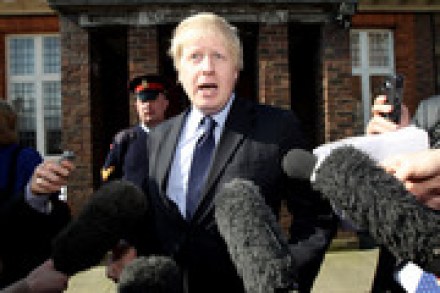The Balls equation
One of the few things that could briefly enliven the Labour leadership contest is if Ed Balls stood down and gave his backing to another candidate. True, it didn’t happen when it probably should have – that is, when all the big unions gave their backing to Ed Miliband. But as the summer advances without any slip in the Mili-lead, then maybe – just maybe – Balls might start reconsidering his options. In which case, this insight from Philip Collins’ latest article in the Times (£) is worth noting down: “In 1999 Mr Balls and David Miliband used to meet regularly in Churchill’s, a café opposite the Treasury on Whitehall,
















